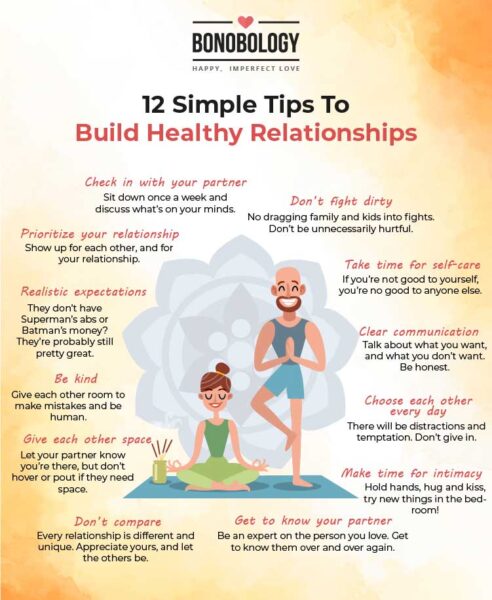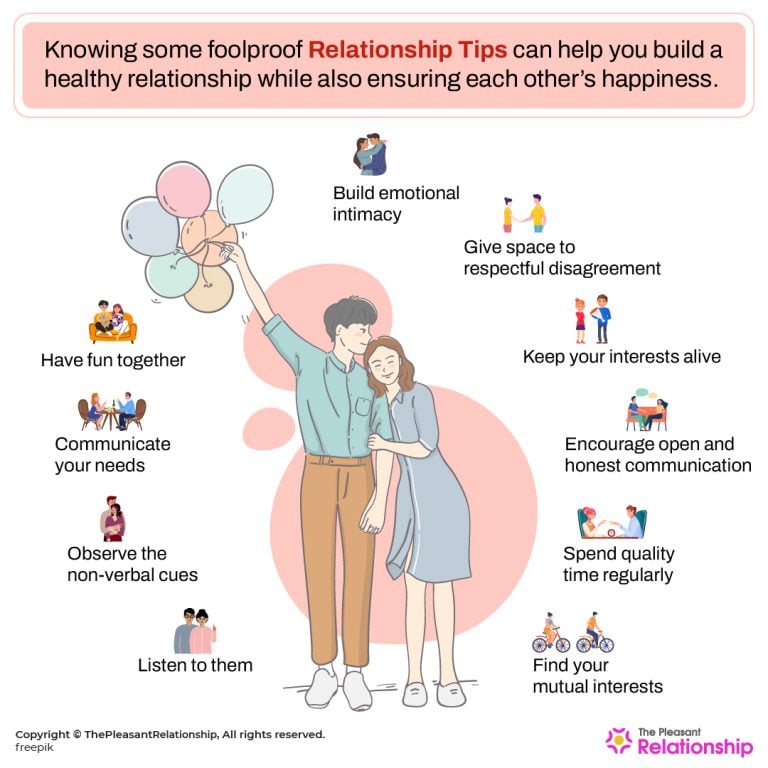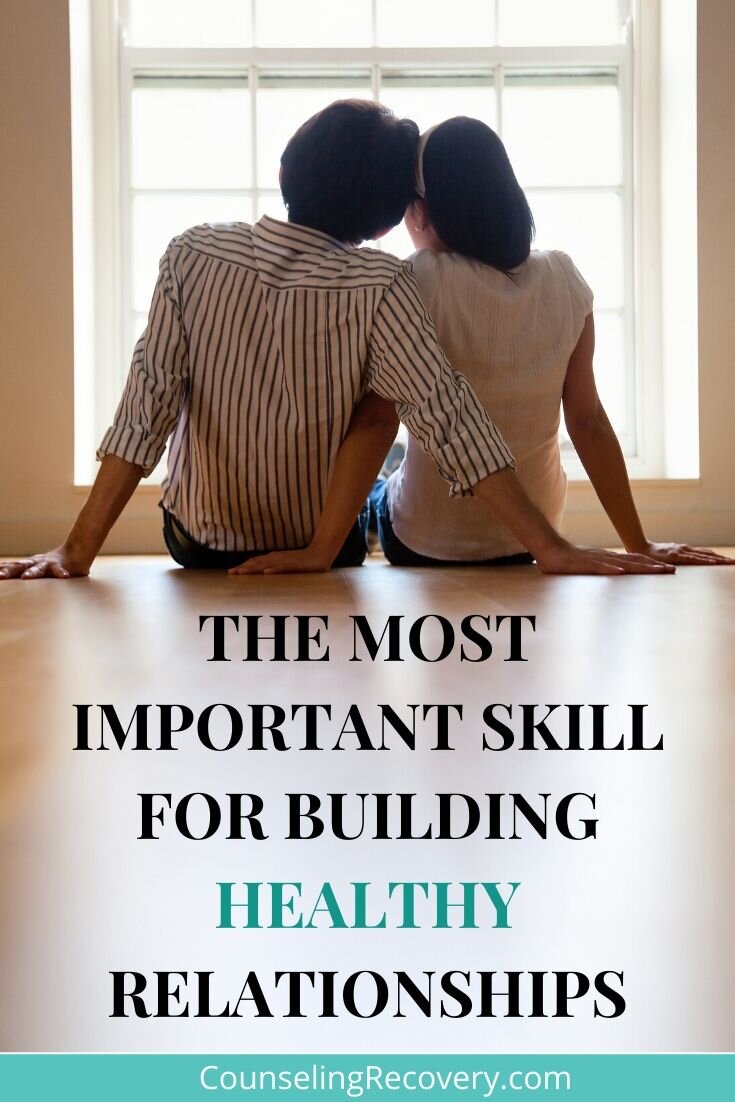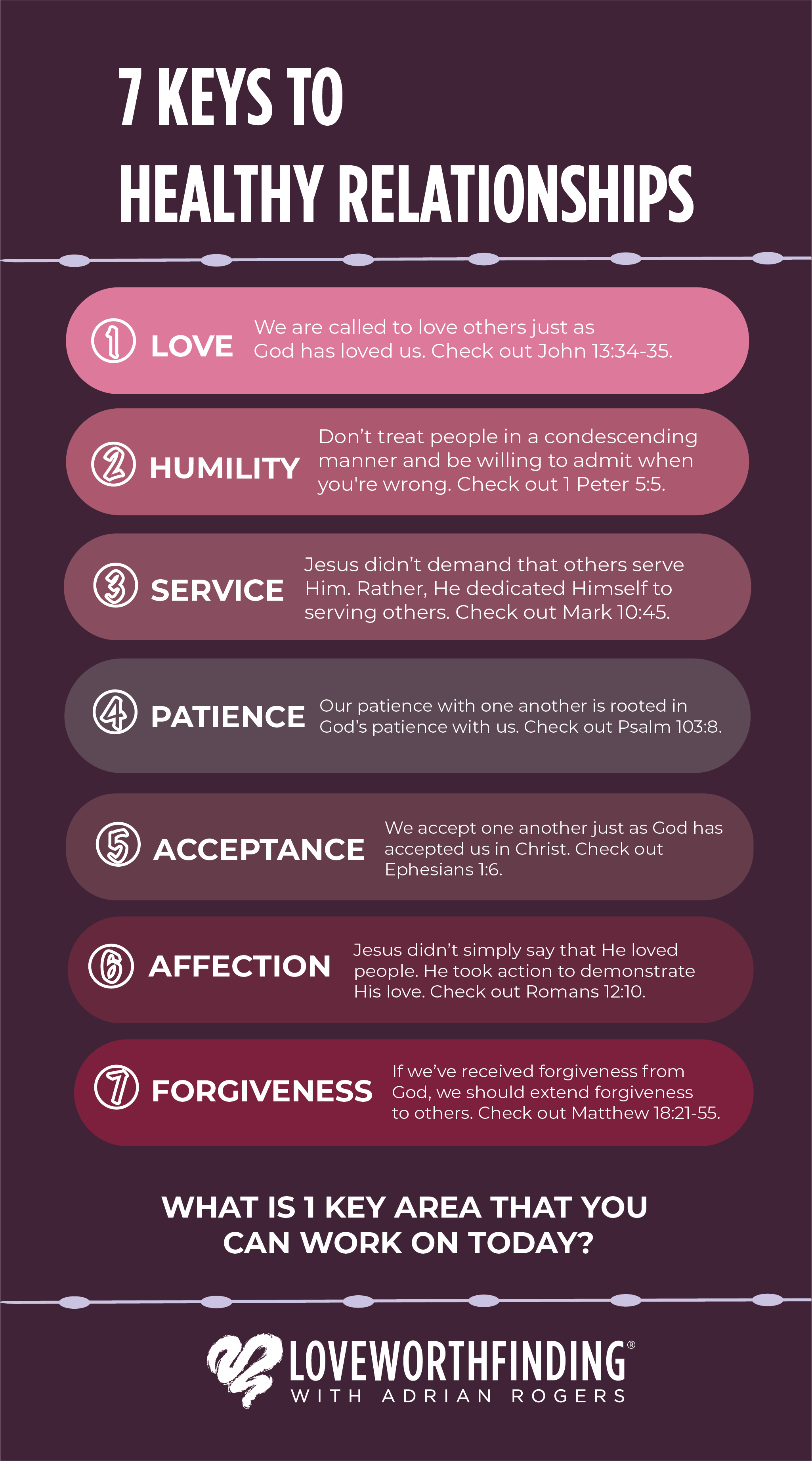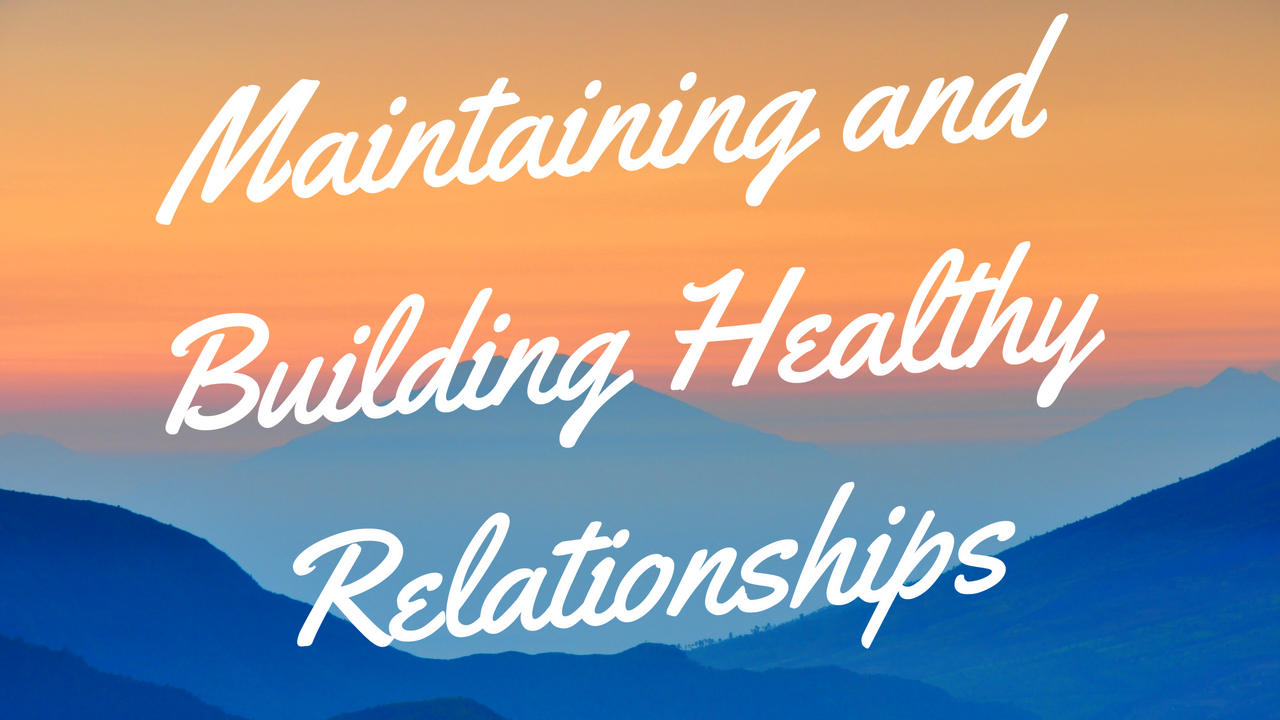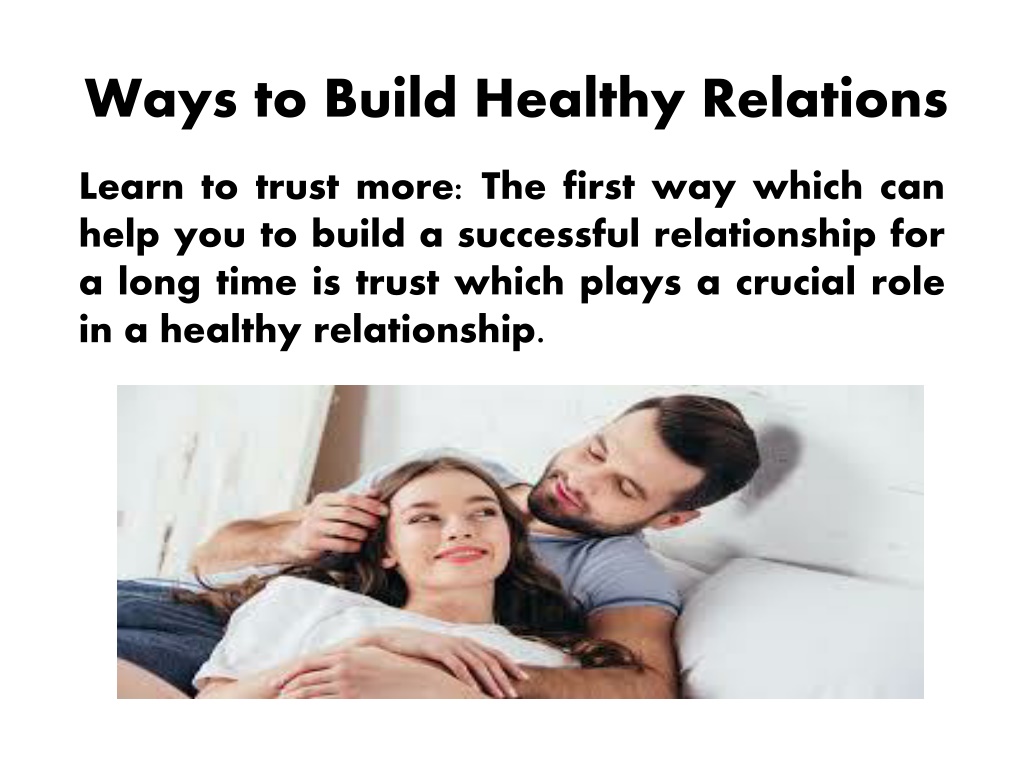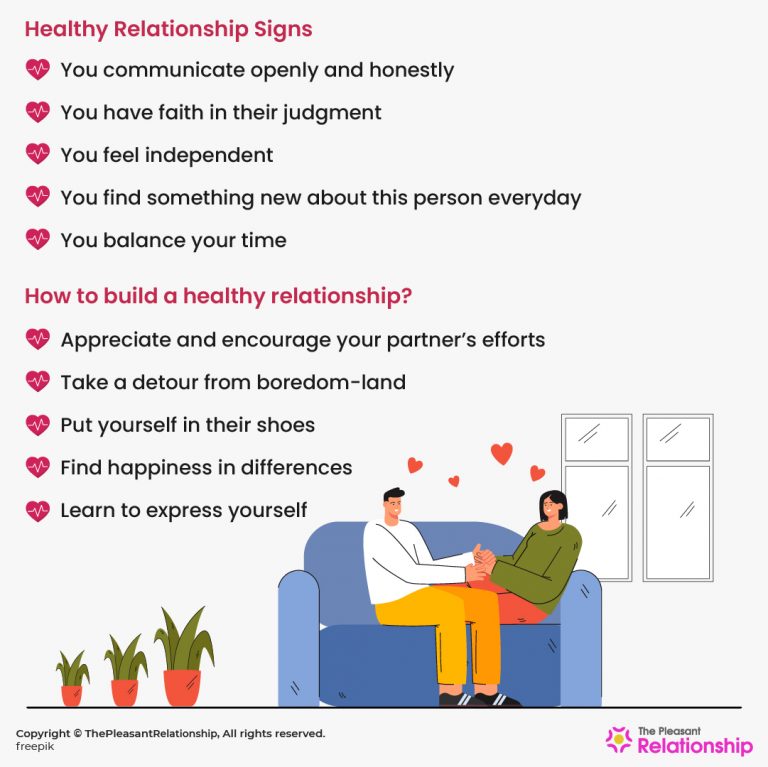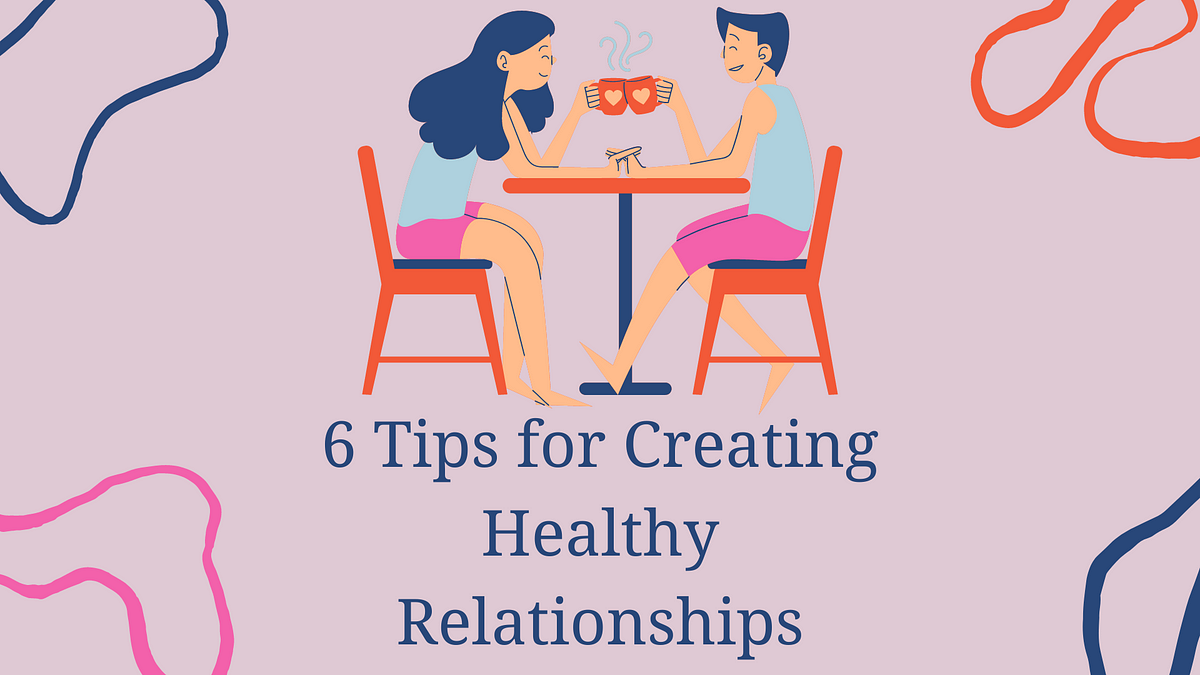Ways To Build A Healthy Relationship

Imagine a cozy evening, two figures silhouetted against the warm glow of a fireplace, sharing laughter and whispered secrets. The air is thick with a comfortable silence, a testament to years of shared experiences and unwavering support. This idyllic scene isn't just a fantasy; it's the potential reality woven into the fabric of a healthy, thriving relationship.
At its core, building a strong and healthy relationship isn't about grand gestures or fairytale perfection. Instead, it’s a continuous journey of intentional effort, clear communication, and mutual respect. This article explores actionable strategies and insights, grounded in psychological principles, to help you cultivate a deeper, more fulfilling connection with your partner.
The Foundation: Communication is Key
Open and honest communication serves as the bedrock of any successful partnership. According to research from The Gottman Institute, couples who communicate effectively are better equipped to navigate conflicts and maintain intimacy. This involves actively listening to your partner, validating their feelings, and expressing your own needs assertively.
Avoid accusatory language ("You always...") and instead, frame your concerns using "I" statements ("I feel hurt when..."). This encourages a more collaborative and understanding dialogue.
Building Bridges Through Active Listening
Active listening goes beyond simply hearing the words your partner speaks. It involves paying close attention to their nonverbal cues, asking clarifying questions, and summarizing their points to ensure you understand their perspective. This demonstrates empathy and shows your partner that you genuinely care about their thoughts and feelings.
Dr. Brené Brown, a renowned researcher on vulnerability and relationships, emphasizes the importance of empathy in fostering connection. "Empathy is feeling with people," she states, "It's a vulnerable choice because in order to connect with you, I have to connect with something in myself that knows that feeling."
The Art of Compromise and Conflict Resolution
Disagreements are inevitable in any relationship. The key lies in how you manage them. Approach conflicts as opportunities for growth and understanding, rather than battles to be won. Compromise is essential.
Look for solutions that address both partners' needs and avoid resorting to personal attacks or passive-aggressive behavior.
Nurturing Intimacy and Connection
Beyond communication, nurturing intimacy and connection requires conscious effort and a willingness to invest in the relationship. This includes prioritizing quality time together, expressing affection, and supporting each other's goals and aspirations.
Quality time doesn't necessarily mean extravagant dates; it's about being present and engaged with your partner, free from distractions.
The Power of Shared Experiences
Sharing new experiences can strengthen your bond and create lasting memories. Whether it's trying a new restaurant, exploring a hiking trail, or taking a dance class, these activities can inject excitement and novelty into the relationship.
According to a study published in the Journal of Personality and Social Psychology, couples who engage in novel and exciting activities report higher levels of relationship satisfaction.
Expressing Gratitude and Appreciation
Expressing gratitude and appreciation for your partner, both verbally and through actions, can significantly boost their sense of worth and strengthen your connection. A simple "thank you" or a heartfelt compliment can go a long way in fostering a positive and supportive environment.
Make a habit of noticing and acknowledging the things your partner does for you, no matter how small. Gratitude is a powerful antidote to negativity and resentment.
Maintaining Individuality and Independence
While a healthy relationship thrives on connection, it's also essential to maintain individuality and independence. Encouraging each other's personal growth, pursuing individual interests, and respecting each other's boundaries are crucial for long-term happiness.
Avoid becoming overly dependent on your partner for validation or fulfillment. Having a strong sense of self will make you a more confident and well-rounded partner.
Respecting Boundaries and Fostering Trust
Establishing and respecting boundaries is vital for creating a safe and secure relationship. Clearly communicate your needs and limits, and be mindful of your partner's boundaries as well. Trust is earned through consistent honesty and reliability.
Violating boundaries or betraying trust can inflict deep wounds that are difficult to heal.
Building a healthy relationship is an ongoing process, requiring dedication, patience, and a genuine desire to connect with your partner on a deeper level. It's about embracing imperfections, learning from mistakes, and celebrating the joys of shared life. By prioritizing communication, nurturing intimacy, and respecting individuality, you can create a relationship that is both fulfilling and enduring.
